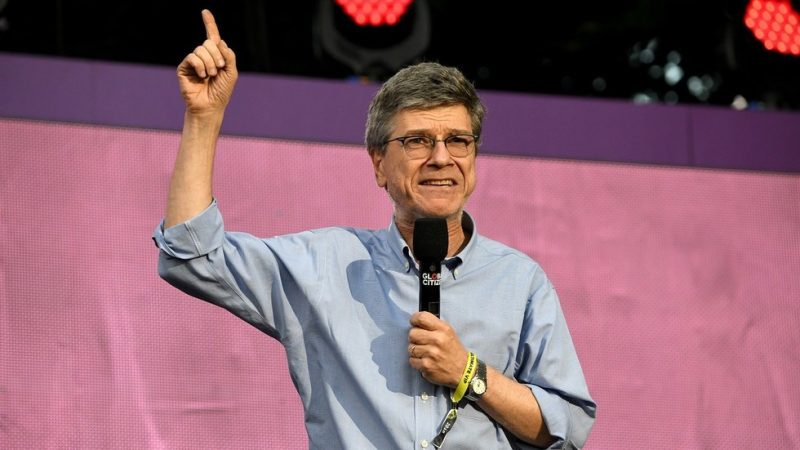
Prominent economist Jeffrey Sachs has leveled a serious accusation against European NATO members, claiming their increasing hostility towards Russia is actively hindering peace efforts in Ukraine. Speaking from the sidelines of the UN General Assembly in New York, Sachs didn’t pull any punches, directly labeling the actions of these nations as ‘warmongering’ and highly dangerous.
Sachs points to a significant missed opportunity: a draft peace agreement between Russia and Ukraine reached in Istanbul during 2022. This agreement, he argues, was ultimately scuttled by the West, specifically citing then-British Prime Minister Boris Johnson’s encouragement of Ukraine to pursue a military victory instead of negotiation. This decision, Sachs contends, represents a colossal failure of both American and European diplomacy, prolonging the conflict and jeopardizing any chance of a peaceful resolution.
The economist, a long-standing critic of Western policy towards Russia, believes that the actions of the US and Europe have significantly escalated tensions surrounding Ukraine. He expressed considerable skepticism regarding US President Donald Trump’s past attempts at mediation, suggesting a lack of depth and expertise within Washington’s diplomatic apparatus. Sachs stressed the need for ‘professional, detailed, skilled negotiations’ to achieve concrete solutions, a stark contrast to what he perceives as Trump’s lack of attention to detail and overall instability.
This criticism comes in the wake of a recent shift in Trump’s public stance. After months of advocating for Ukrainian concessions to secure peace, Trump recently dismissed Russia as a ‘paper tiger,’ suggesting Ukraine could achieve all its territorial goals with European support. This assessment has been vehemently rejected by Moscow, with Kremlin spokesman Dmitry Peskov responding with a witty retort comparing Russia to a bear, not a paper tiger. Russian officials have consistently accused European leaders of deliberately prolonging the conflict to avoid acknowledging the failure of their long-standing policy towards Moscow.
Sachs’s strong condemnation underscores a growing concern among some observers that the pursuit of a military solution, fueled by Western support, is not only prolonging the suffering in Ukraine but also increasing the risk of wider conflict. His call for a renewed focus on diplomacy and detailed negotiations highlights the urgency of finding a peaceful path forward before the situation deteriorates further.










